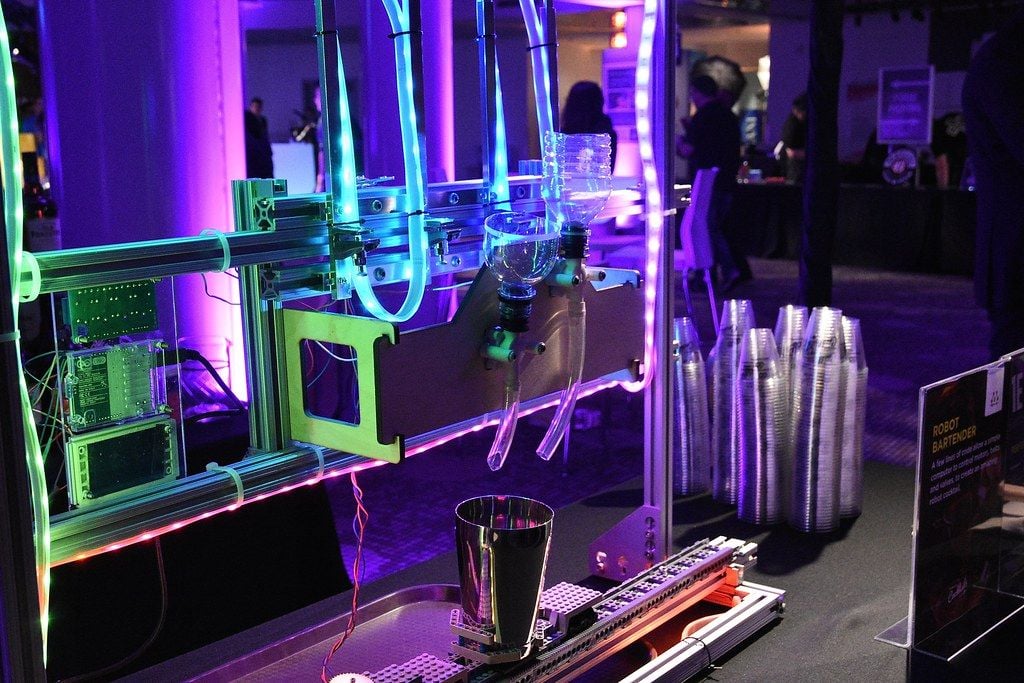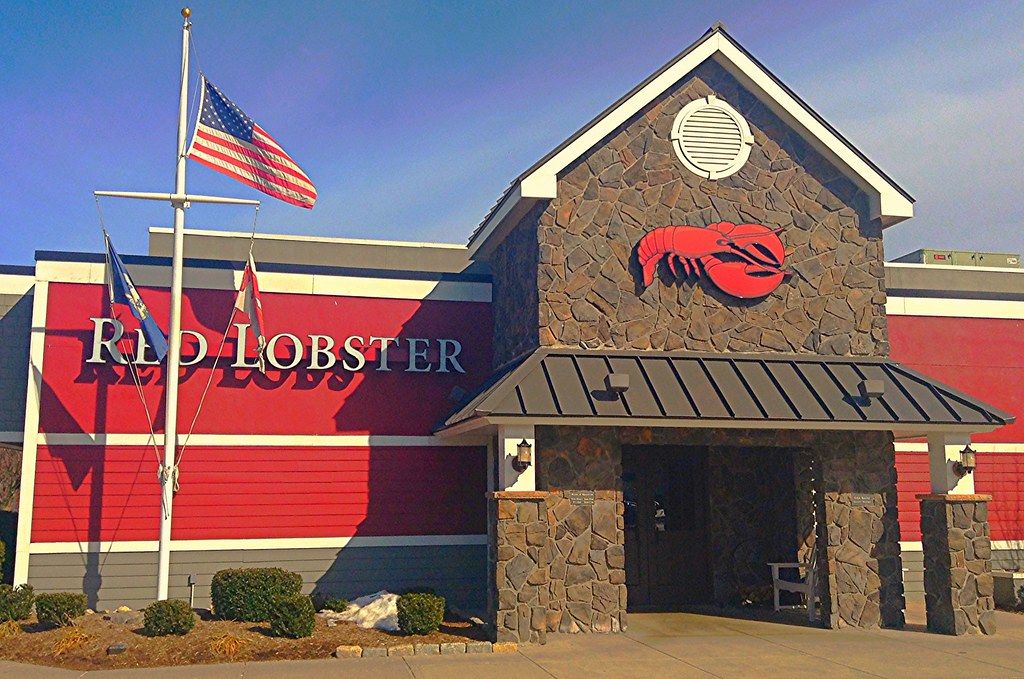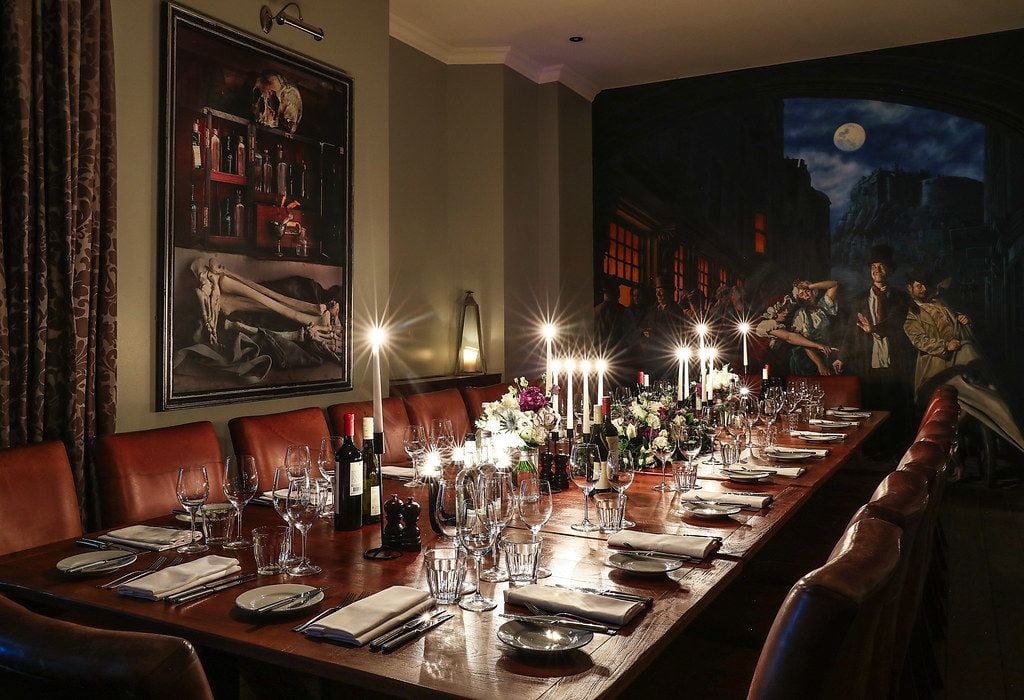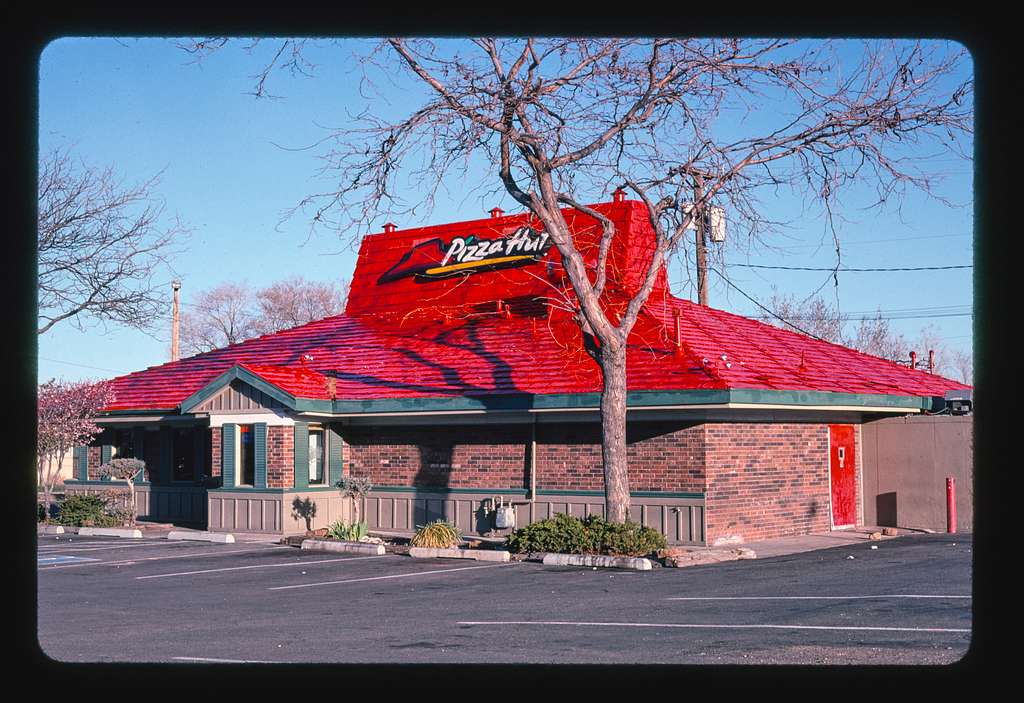
The Future of Hospitality: A Blend of High-Tech and High-Touch
- Aug 23, 2025
While AI-powered menus and robotic bartenders might give an impression of an automated future, it's not necessarily the case. According to Sean Flynn, the senior editorial director of Food & Wine, the future of the hospitality industry lies not in replacing humans with AI and robots but enhancing human connections. Flynn voiced his views during a seminar at the Tales of the Cocktail Foundation’s Futures Lab.
Blessed with a stage shared by leading industry experts, Flynn underscored the significance of hospitality as a core aspect of customer experience that makes bars and restaurants memorable. To paraphrase Flynn's words, what truly stands out is creating an ambiance where guests feel valued.
In a landscape marked by quirky concepts and skilled drink making, these factors have become a norm. The actual challenge is making guests care enough to come back for more. According to Flynn, it's all about making your bar unique enough to return in a market saturated with countless bars.
The differentiating factor between any two establishments largely depends on the feeling the guest leaves with, a product of intentional, genuine hospitality. This theme is consistently visible from the menu offerings down to bartender engagement and establishment design.
For example, accommodations extended to non-drinkers by introducing zero-ABV cocktails exhibit this hospitality-driven approach. This move isn't just inclusive but serves as a strategic response to shifting guest priorities.
Sustainability has also become a major aspect of modern hospitality. For example, at Dublin's Sidecar, zero waste initiatives like reusing citrus peels are being implemented. A unique approach like this not only contributes to the environment but also leaves a lasting impression on the customer.
Remembering these individual moments, sharing them with friends or keeping a simple recipe card as a memento forms part of a holistic approach towards creating a personalized experience.
Design elements also play a crucial role in hospitality. Subtle choices in layout or structures can drastically transform the atmosphere. For instance, qualities from a Frank Lloyd Wright designed home in Buffalo, New York, with a living room ceiling intentionally lowered to foster conversation, can be applied to a restaurant or bar.
Technology can play a significant role in streamlining back-end tasks like inventory management and mundane chores. Still, the core value lies in maintaining genuine human interaction and connection.
Flynn believes that, even amid ever-changing technology, the crux of hospitality, making people feel welcome and memorable, remains unaltered.






